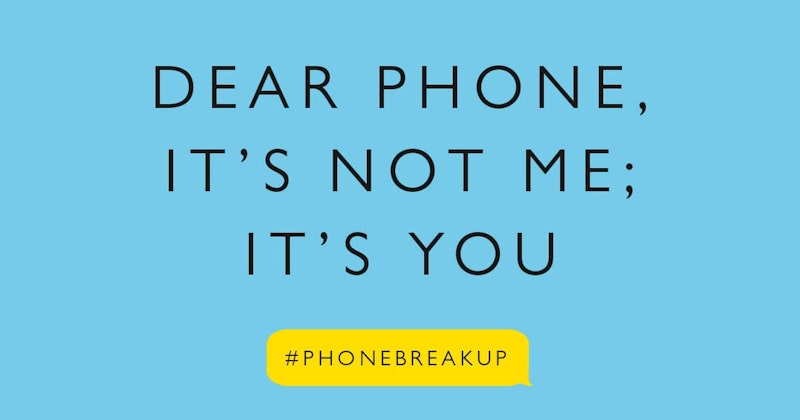There wasn’t a magical moment that made me realize I needed to get off my phone, though there were a dozen reasons why. When my sister died by suicide five years ago I retreated into depression and loneliness that was tough to recover from—hiding from the world either at the beach or on my phone has been something at which I’ve become proficient.
I’m not sure where I first saw the copy of How to Break Up With Your Phone but I read a little bit about it and took a “Do you have an addiction to your phone” quiz which I failed miserably, so I decided to purchase the book—another failure since I downloaded it onto the Kindle app perhaps ironically on my phone.
“We must act, individually and collectively, to make our attention our own again, and to reclaim ownership of the very experience of living.”—Tim Wu, The Attention Merchants
Catherine Price is a science journalist dedicated to helping people achieve “screen/life balance” in publishing the book, which informs us: “Multiple studies have associated the heavy of smartphones (especially when used for social media) with negative effects on neuroticism, self-esteem, impulsivity, empathy, self identity, and self-image as well as with sleep problems, anxiety, stress and depression.”
I can attest to every symptom in that paragraph, and never would’ve thought to blame my phone. Our phones, Price says, create what should be an oxymoron, “an intensely focused state of distraction.”
“If you wanted to invent a device that could rewire our mind, if you wanted to create a society of people who were perpetually distracted, isolated and overtired, if you wanted to weaken our memories and damage our capacity for focus and deep thought, if you wanted to reduce empathy, encourage self-absorption, and redraw the lines of social etiquette you’d likely end up with a smartphone.”—Catherine Price
The book describes from a scientific perspective the ways phones negatively affect our attention spans, memory, stress and sleep levels, and then goes on to outline a 30-day “breakup plan” to help change behavior patterns that will redefine our relationships with our phones and put us back in control.
Why do we put a photo of something we love on the front of our phones as a screensaver? Price’s book website offers alternative screenshots that help you remember when you pick up your phone it should be used as a tool, not a time-waster. The 30-day phone rehab also walks you through reorganizing the apps on your phone.
She asks that we delete the social media apps. And this was where I hit a wall, Price would say due to the intensity of my addiction, I guess, especially to Instagram where I spend most online time, sharing beach finds, seeing what others share, and interacting with beachcombers around the world. But also, I run social media accounts for work (six altogether) so there’s no way I could delete these accounts. My phone is a tool, I use it for work. As a 25+ year journalist, I try to have more of a “look at this” storytelling angle to my accounts than so many “look at me” accounts, pretty much refrain from selfies and lists about myself (or incessant kid/dog/meal) stuff; I can see why people would delete all of it. “Cut down on it” was my takeaway from the book.
I had to find a way (in her “Take Back Your Life” and other chapters) to find valuable lessons on a personal level without orchestrating the phone breakup on a professional level. I wish she’d covered this more in the book—the fact that for those who work in social media, our phones are what we work on. I don’t sit on Facebook and chat about recipes or politics (gag) or even my hobby. I probably spend less than an hour a week on Facebook. I find it too noisy, which is why I went to Instagram years ago.
I took a hard look at time spent on Instagram and wasn’t happy—multiple hours a day on the app, and through the reporting available through settings on my iPhone, on my phone in general. These reports break down exactly where time is spent. For example, I often write on my phone in the notes app, and iPhone chalks up that percentage of time to “creativity.” I set a limit on Instagram so if I’ve been in the app too long in a day I get a warning on my phone. Is part of the time I spend there brand-building for my business? Sure, but a lot of it’s slacking off and chatting with friends in different parts of the world, so I need to remember to check the app at certain times of the day. I’d say at this stage we’re on a major cool-down. I went on vacation and that jump-started the trend I want to continue. I want more productive hours in my life and I’ll get them by being off my phone.

